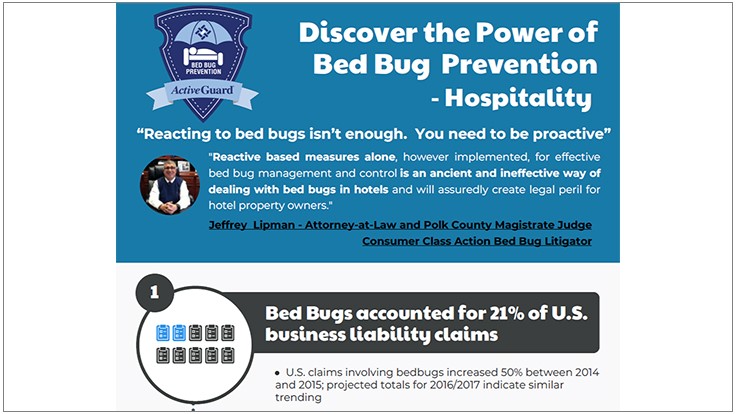Are you familiar with the concealed risks that parasites pose to the safety and security and health of your food? From rats to insects, these undesirable visitors can pollute your components, surfaces, and storage areas.
This post discovers the crucial role of insect control in maintaining the highest possible requirements of food safety and hygiene. Discover efficient strategies and avoidance procedures that will certainly help you protect your business, customers, and reputation.
click web page allow bugs endanger the high quality of your food.
The Impact of Pests on Food Security and Hygiene
In your kitchen area, bugs can have a significant influence on food safety and hygiene. These undesirable visitors, such as rodents, bugs, and roaches, can pollute your food, surface areas, and utensils with unsafe bacteria, viruses, and bloodsuckers. They can quickly access your kitchen, closets, and even your refrigerator, leaving droppings, urine, and hair.
Not only can they ruin your food by eating via product packaging, yet they can likewise spread diseases like Salmonella, E.coli, and Listeria. Imagine preparing a meal for your family members, unaware that the components you're utilizing are currently contaminated.
Property damage to take prompt activity to avoid and regulate bugs in your cooking area. Normal cleansing, appropriate food storage space, and professional insect control procedures are vital to make sure food security and keep a sanitary atmosphere in your kitchen.
Reliable Bug Control Methods for the Food Market
Applying reliable insect control strategies is vital for maintaining food safety and hygiene in the food sector. By executing these techniques, you can protect against parasites from contaminating the food and make sure that your items are safe for intake.
visit my webpage is to consistently inspect and check your facility for indicators of bug activity. This includes monitoring for droppings, nests, or any kind of damage brought on by insects.
It's likewise crucial to secure all access indicate prevent insects from entering the facility. Normal cleansing and sanitation are necessary, as insects are attracted to food deposit and spills.
Additionally, proper waste administration is essential to prevent the buildup of food waste that can attract insects.
Preserving Hygiene Requirements With Insect Prevention Measures
To maintain health criteria, you have to regularly carry out parasite prevention procedures. By taking proactive steps to stop pests from entering your food facility, you can make sure the security and sanitation of your premises. Right here are some reliable parasite avoidance procedures to think about:
- Seal all cracks and crevices: Parasites can enter through also the smallest openings. Regularly inspect and seal any type of voids in doors, windows, wall surfaces, and floorings to keep bugs out.
- Correct waste management: Get rid of food waste promptly and safely in secured containers. This will lessen the tourist attraction of pests and protect against problems.
- Regular cleaning and disinfecting: Keeping sanitation in your facility is vital. Regularly clean and disinfect all areas, paying special focus to areas where parasites may hide or breed.
- Carry out a surveillance system: Routinely check your premises for indications of pest task. Mount bug monitoring tools, such as traps or sensing units, to determine and attend to any type of possible concerns early on.
Final thought
So keep in mind, when it concerns food safety and hygiene, parasite control plays a vital role.
By executing reliable pest control methods and safety nets, we can ensure the highest possible standards of cleanliness and safety and security in the food market.
Don't let bugs compromise the high quality of our food; let's stand together and secure our wellness and health.
